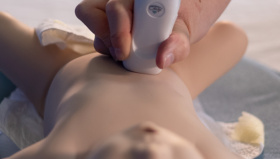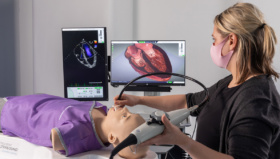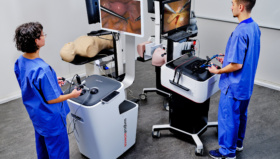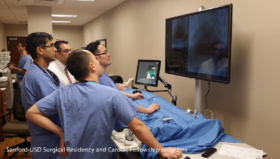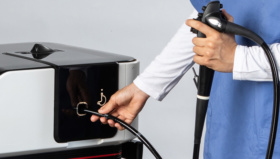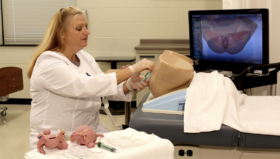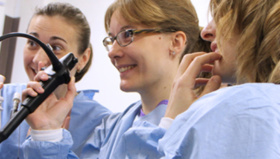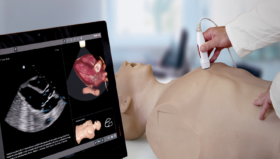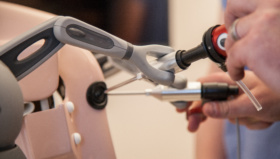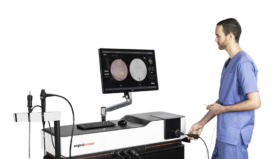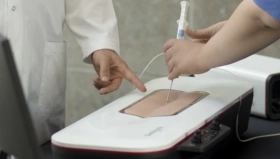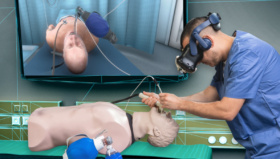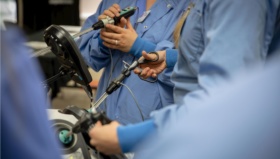Nurses are less stressed during surgeries when they have practiced them via simulation. This is demonstrated in a study at the department of vascular surgery at Rigshospitalet, Copenhagen, Denmark.
Improves Collaboration
During the course, nurses perform a special type of surgery to fix bulging of the aorta, with access via the groin. During training using a simulator, the nurse acts as a surgeon and performs the entire operation from beginning to end. The intention is to give nurses better insight into the operation and reduce their stress levels.
“In addition to providing a safe introduction to the operation, for example for novice and inexperienced nurses, it is also really rewarding for the collaboration between surgeon and nurses. We get more understanding of each other’s roles during the operation, and when it is particularly important that both parties have peace of mind to concentrate,” says Tascha Coorvoe.
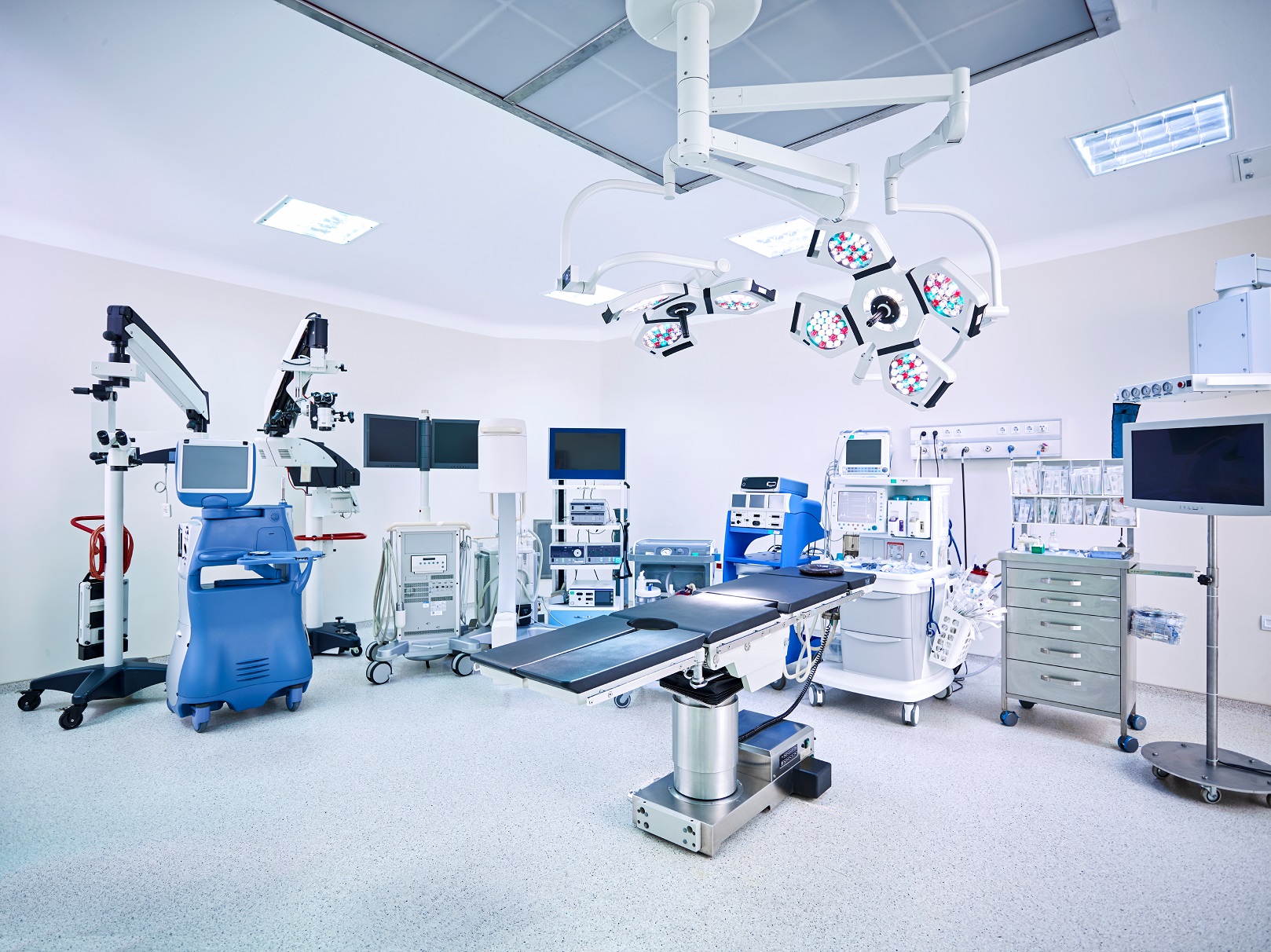
Reduces Errors
In addition to the courses, the department conducts a study that evaluates how simulation affects nurses. The results are clear for Dr Rebecca Skov, who writes a PhD on the subject.
“Our measurements clearly show that nurses are less stressed during surgery when they have worked to do it themselves on a simulator. Lower stress levels lead to less errors, and this naturally benefits patient safety. And then it simply becomes more fun and enjoyable to go to work,” she says.
She feels both for herself and her colleagues that the simulation reduces the nurses’ stress levels during the operation. “It is very clear that it is different, calmer nurses who come into the room when they have taken the course. They have a different perspective and can better anticipate what can happen,” says Tascha Coorvoe.
